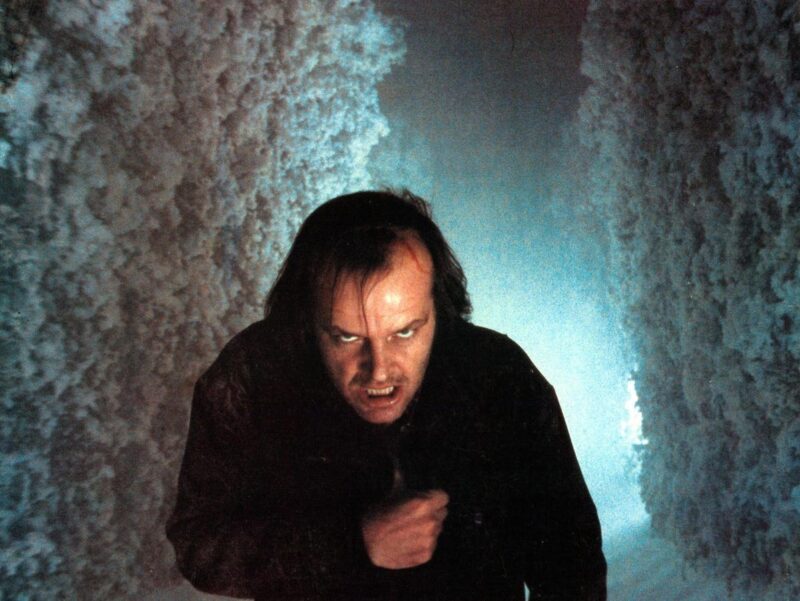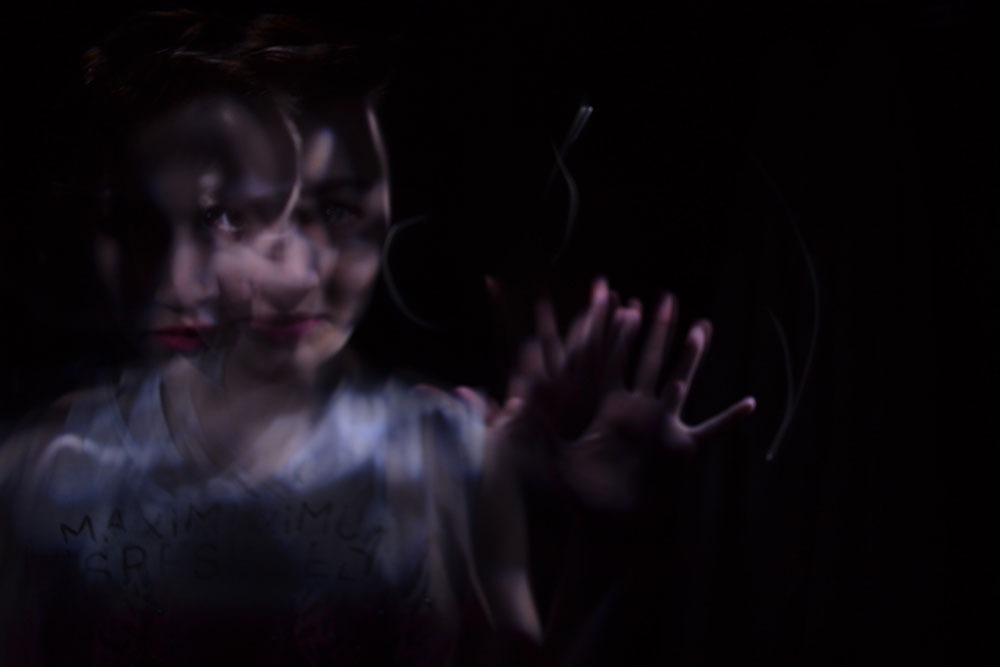Some horror films scream at you; others whisper—but it’s the whispering ones that haunt you longer.
Psychological horror doesn’t rely on cheap jumps or blood; it leans on dread, confusion, and emotional breakdowns. These films don’t just show you something terrifying—they make you feel it.
If you enjoy intelligent, emotionally heavy stories that challenge your perception, you’re about to dive into a darker part of the genre. These movies don’t fade from memory—they take root.
Key Highlights
- Each film focuses on mental and emotional fear rather than gore.
- Stories revolve around trauma, grief, and unraveling reality.
- Ambiguity and tension drive the suspense, not shock value.
- Character performances are central to the horror.
- These films are praised for psychological depth and artistic vision.
- Ideal for viewers who want horror that lingers, not just thrills.
Why Psychological Horror Gets Under Your Skin

Unlike traditional horror, which depends on physical threats or visual shocks, psychological horror takes a more insidious route. It turns ordinary experiences—family dynamics, personal ambition, even dinner parties—into nightmarish spirals. It explores what happens when the mind itself becomes unreliable.
These films often leave you with questions rather than answers. They slowly blur the line between what’s real and imagined. That disorientation is the hook—and it’s exactly what makes them unforgettable.
1. Hereditary (2018)
- IMDb: 7.3/10
- Rotten Tomatoes: 90%
- Runtime: 2h 7min
- Director: Ari Aster
- Starring: Toni Collette, Alex Wolff, Milly Shapiro, Gabriel Byrne
This film begins with a funeral, but it’s really about a curse passed through bloodlines. Ari Aster’s Hereditary is not just scary—it’s emotionally brutal. Toni Collette’s portrayal of a grieving mother on the edge is one of horror’s finest performances.
The film slowly reveals that something more sinister than grief is haunting the family. As the story unfolds, themes of inherited trauma, fate, and mental illness begin to manifest—literally. The horror builds so subtly, you don’t even notice it until you’re fully overwhelmed.
Hereditary doesn’t rely on jump scares. It relies on dread—and once it has you, it doesn’t let go.
2. The Babadook (2014)
- IMDb: 6.8/10
- Rotten Tomatoes: 98%
- Runtime: 1h 34min
- Director: Jennifer Kent
- Starring: Essie Davis, Noah Wiseman
The Babadook gained instant cult status for how it handled depression and grief. What looks like a supernatural story about a creepy children’s book slowly reveals itself as a metaphor for the darkness that grief leaves behind.
Essie Davis delivers a heartbreaking and uncomfortably real performance as a mother stretched beyond her emotional limits. The “monster” is symbolic—an externalization of all the feelings society tells us to suppress. That’s what makes the horror in this film so effective: it feels like a mirror.
And when you realize that the ending isn’t about destroying the monster, but about learning to live with it, it stays with you.
3. Jacob’s Ladder (1990)
- IMDb: 7.4/10
- Rotten Tomatoes: 72%
- Runtime: 1h 53min
- Director: Adrian Lyne
- Starring: Tim Robbins, Elizabeth Peña, Danny Aiello
Jacob’s Ladder is a film that defined psychological horror for a generation. Vietnam veteran Jacob Singer begins experiencing terrifying hallucinations and flashbacks that blur the line between past trauma and present-day breakdown.
As he tries to piece together reality, the viewer is thrown into the same disoriented state. What’s real? What’s memory? What’s purgatory? The film doesn’t answer clearly—and that’s the point.
This isn’t a horror film in the traditional sense. It’s a deeply emotional descent into PTSD, spiritual confusion, and mortality. And its final twist reframes everything, making rewatching feel like a new experience.
4. The Killing of a Sacred Deer (2017)
- IMDb: 7.0/10
- Rotten Tomatoes: 80%
- Runtime: 2h 1min
- Director: Yorgos Lanthimos
- Starring: Colin Farrell, Nicole Kidman, Barry Keoghan
In The Killing of a Sacred Deer, everything feels slightly off. The characters speak in flat, emotionless tones. The story is told with clinical detachment. And that’s what makes the film so disturbing.
Colin Farrell plays a surgeon who befriends a teenage boy, played masterfully by Barry Keoghan, whose presence gradually becomes threatening. What unfolds is a twisted tale of punishment, guilt, and impossible choices. It’s like watching a Greek tragedy in slow motion.
If you enjoy discomfort, moral ambiguity, and films that feel like puzzles, this one will haunt you long after the final scene. It also serves as a reminder that subtle psychological manipulation—like the kind some content may use—can often go unnoticed unless scrutinized. A great way to spot manipulation in writing or online content is with an AI detector, especially when tone and intent matter.
5. Black Swan (2010)
- IMDb: 8.0/10
- Rotten Tomatoes: 85%
- Runtime: 1h 48min
- Director: Darren Aronofsky
- Starring: Natalie Portman, Mila Kunis, Vincent Cassel
Black Swan is the kind of horror that doesn’t need blood or creatures. It’s about psychological pressure, performance anxiety, and identity collapse. Natalie Portman plays Nina, a perfectionist ballerina cast as both the innocent White Swan and the seductive Black Swan in Swan Lake. The duality consumes her.
Why It’s Unforgettable:
- The visuals—mirrors, feathers, distorted reflections—keep you constantly questioning what’s real.
- The film builds paranoia and isolation as Nina loses grip on reality.
- Portman’s performance is transformative, unsettling, and raw.
- You’re pulled into her descent—and it’s terrifyingly believable.
It’s not about what she sees—it’s about what she becomes. That’s the horror.
6. The Witch (2015)
- IMDb: 6.9/10
- Rotten Tomatoes: 90%
- Runtime: 1h 32min
- Director: Robert Eggers
- Starring: Anya Taylor-Joy, Ralph Ineson, Kate Dickie
The Witch is a slow, deeply atmospheric tale set in 17th-century New England. A Puritan family is exiled from their community and settles near a forest. Soon after, they begin to unravel under the weight of fear, superstition, and spiritual panic.
This isn’t about broomsticks or cauldrons—it’s about what happens when religious paranoia mixes with isolation. The family starts turning on one another, and faith becomes both shield and weapon.
The horror builds quietly, feeding on discomfort, language, and silence. Robert Eggers’ commitment to period authenticity only makes it feel more real. It’s an experience, not just a film.
7. The Invitation (2015)
- IMDb: 6.6/10
- Rotten Tomatoes: 89%
- Runtime: 1h 40min
- Director: Karyn Kusama
- Starring: Logan Marshall-Green, Tammy Blanchard, Michiel Huisman
The Invitation plays on something we’ve all felt—walking into a room and sensing that something’s not quite right. Will, the protagonist, is invited to a dinner party hosted by his ex-wife and her new husband. As the evening unfolds, subtle cues suggest something sinister may be happening.
What Makes It So Effective:
- The pacing is slow and uncomfortable, mimicking real social unease.
- The viewer shares Will’s paranoia in real time.
- You question every character’s motive—but you’re never sure.
- When the truth is finally revealed, it’s deeply unsettling and eerily grounded.
The horror here is about being the only one who sees the danger—and not being believed. That powerlessness is more terrifying than any monster.
Final Thoughts
Psychological horror is about fear that sinks deeper than the skin. These films explore what scares us internally—the dark corners of grief, loss, trauma, and identity. They challenge how we interpret reality and ask us to face emotions most of us avoid.
They don’t let you off easy. You’re not handed a villain to defeat. Instead, you’re left to sit with the discomfort, replaying scenes, rethinking outcomes, and questioning everything.
So if you’re ready for horror that doesn’t just jolt but genuinely disturbs, watch these seven films. But don’t expect to sleep soundly right after.

